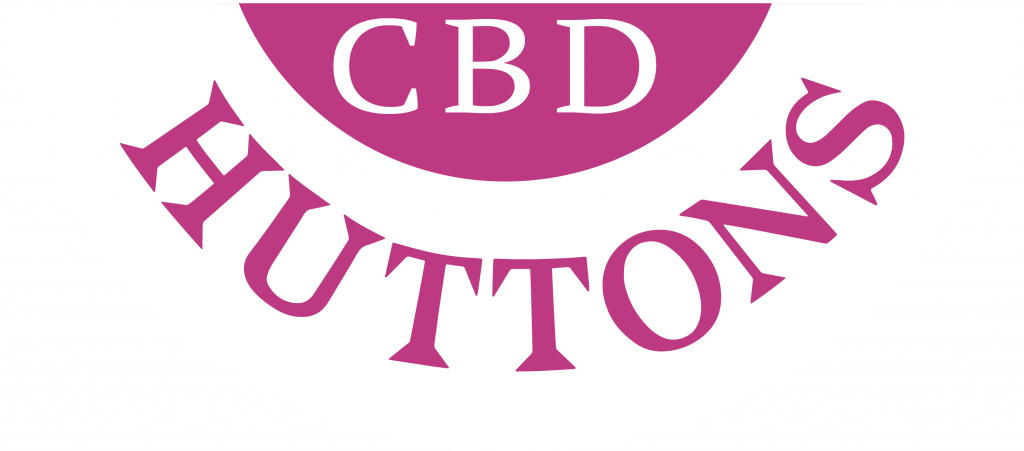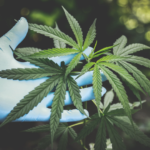Huttons CBD
What makes CBD Costly?
The question asked the most tends to be about price. This can be a significant factor in trying anything, and with CBD, we want to justify the price point and help explain why it is high and why others can be deficient.
Firstly, the production isn’t cheap. Sadly the processes involved in achieving our high-grade CBD is a long process which, in our case, takes specialist equipment and top-end hemp plants.
It’s not easy even to plant the first seed when growing hemp. Companies require an organic certification with extremely tough standards and constant regular inspections. This isn’t just the hemp itself. Even equipment like fertilisers or harvesting practices must be from an approved list.
Even though these standards are highly demanding, we take pride in knowing our entire process is causing top-quality harvests and, therefore, a top-quality product. The bigger the farm, the more difficult this process becomes. These standards also ensure no artificial pesticides or fertilisers. All hemp in our products is naturally grown.
When hemp is harvested, manufacturers must extract the CBD, which can be expensive and also needs professionals to ensure the THC is removed and CBD preserved with the other cannabinoids.
Even after growing the hemp, it needs to have the THC removed to be a product sellable in the UK. With current laws, we cannot grow hemp here, making it even more expensive to grow it in Bulgaria and ship processed CBD into the UK. From seed to sale, hemp is monitored as it is still family to the illegal cannabis plant.
Finally, funding independent lab testing. This is expensive but allows us to have our CBD quality tested often and is necessary with our products being used by people in day-to-day life.
What about cheap CBD?
Products in the CBD market fluctuate in price due to people’s understanding of the product is not yet caught up with manufacturers’ knowledge. traditionally a consumer would have some understanding of the product. This is not the case in CBD, with many consumers not knowing a reasonable price for a correct dosage. This is primarily due to information not being taught which is why we believe giving consumers easy access to these resources will benefit both us gather more understanding of CBD and also allows consumers to have information for a particular issue.
More worryingly, lab tests conducted by the Centre for Medicinal Cannabis found that 62% of CBD products tested in the UK didn’t contain the cannabidiol content promised on the label. One product actually contained no CBD whatsoever. – Business Insider
Due to this reason, we take pride in third-party lab analysis critical. Due to how our business model is designed, we put measures into place primarily for product quality. This is due to spotting product gaps and noticing companies’ little to no trust in their buyers. This wouldn’t be as much of an issue if CBD wasn’t already having to battle stigma from years ago. Our biggest worry is someone feeling short-served due to the CBD being tried and failing to give the hoped-for experience; companies selling mislabeled CBD are misrepresenting what CBD is. We test for impurities regularly, which also raises the costs to produce. If a CBD seller cannot provide a certificate of analysis (COA), proceed with caution, as this may be hidden for a reason.
Alot of the CBD market has issues with fake produce being sold. Sadly with a lot of the market being scam ridden or misinformed. This can be a major issue as it adds to a lot of stigma with CBD being useless. With our experience a lot of people will rety CBD and have success, but only if they check for a certificate and confirm they are actually using CBD with the correct dose. If companies had taught consumers on CBD alot more understanding would be given benefiting everyone.
Inferior CBD also represents an issue with quality control in the industry. Hemp is a bio-accumulator meaning everything on which the seed is planted will impact the quality of the growth. Soil not correctly treated can harm the quality of hemp grown; after a crop harvest, contamination can be passed through the soil to other hemp plants such as herbicides, pesticides and metals. This is why soil needs to be tested regularly so our hemp is organic and can even be fully traced back to the origin of our growth in our EU-certified seeds.
What to look for when shopping for CBD:
- Look into reviews and search independent sites such as GoogleReviews or JudgeMe
- Look for companies that have a membership with a trusted industry body like the EHIA or the Novel Foods Consortium.
- Expect clear, informative details, including the precise amount of CBD it contains in mg. For example, “1000mg CBD”, but not “1000mg” on its own or given as a percentage.
- Look for third-party lab COAs that back up the amount of CBD it contains and prove it doesn’t contain THC or impurities.
- Watch out for any claims that the product may have specific medical benefits. Genuine retailers will not sell it based on health claims.

